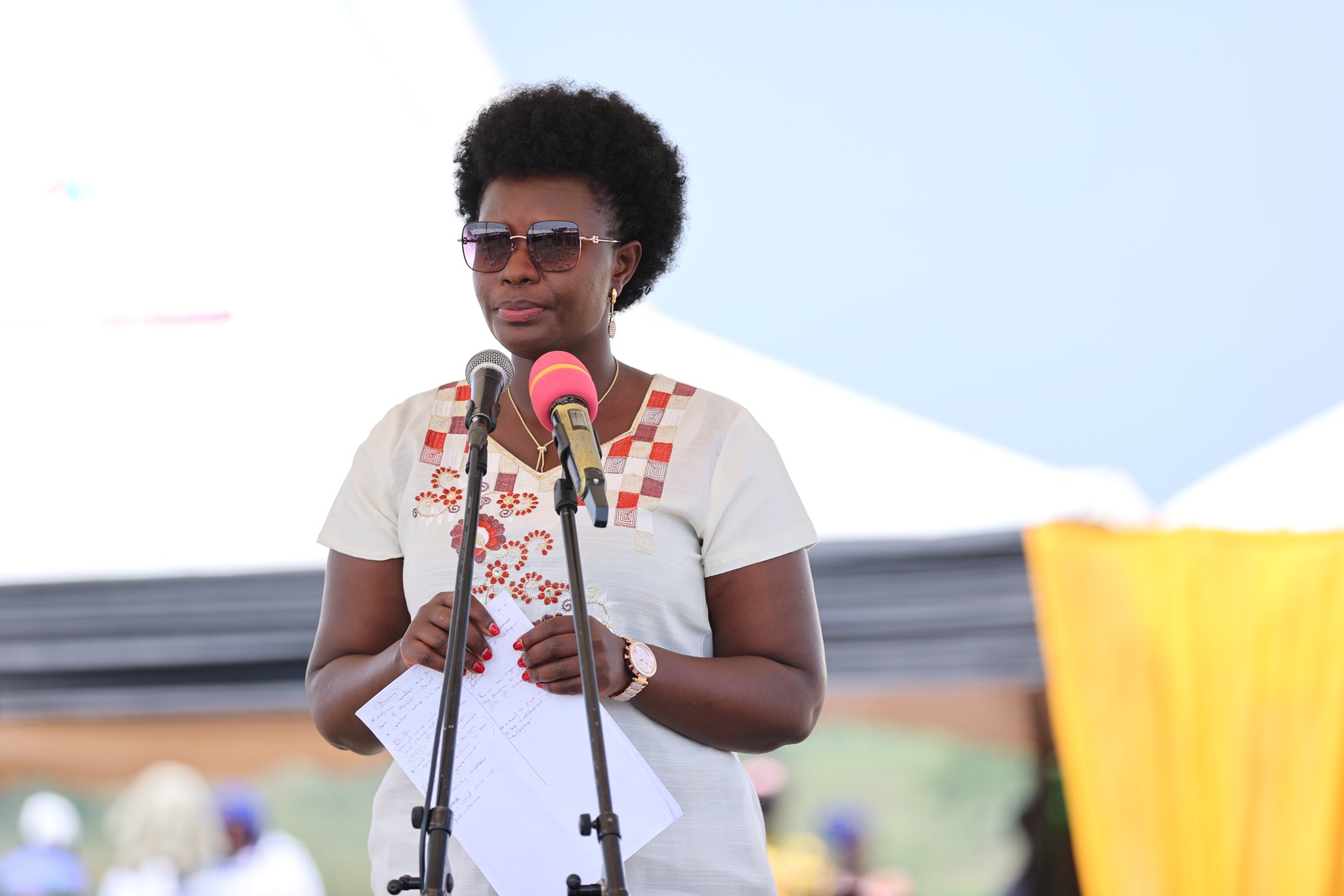Uganda Commemorates World Refugee Day

Uganda joined the rest of the world in commemorating World Refugee Day with reflection on the harsh realities of war and displacement and honoring the resilience of those who have been forced to flee their homes.
The global situation is increasingly dire, with ongoing wars and new conflicts emerging.
Over 114 million people globally, including 24.5 million from the East, Horn and Great Lakes Region, have been forcibly displaced due to war, violence, and climate-related challenges.
In Uganda, the refugee population has reached 1,680,000, and it continues to grow due to ongoing persecution, conflicts, and communal violence.
Most refugees in Uganda are from South Sudan, Democratic Republic of Congo, Sudan, Eritrea, Somalia, and over 15 other countries. More than 300, 000 people have crossed into Uganda seeking safety since 2022, including 35,000 arriving from Sudan.
The pressure on public services, including health, education, water, and sanitation, is mounting because of the ongoing and steady influx of refugees into Uganda.
Humanitarian organizations are over stretched, facing increased demands while dealing with limited funding. This requires careful planning and prioritization.
Uganda’s open-door policy is globally recognized as a best practice. The Government’s approach to refugee management allows refugees to live, work, and access public services like national citizens.
This represents true solidarity with refugees, which we celebrate today. Offering shelter and protection to refugees is an expression of our shared humanity.
“Uganda has made a strong statement that beyond feeling safe and welcomed, refugees need opportunities to thrive. They need a chance to learn and progress, to earn a living, and to feel a sense of belonging, “said Minister of Disaster Preparedness, Relief and Refugees, Hilary Onek.
“Countries with more means should host refugees without being restrictive. This would embody the true spirit of a world that welcomes refugees.”
Uganda, along with other countries hosting refugees, requires the solidarity of the international community in alignment with the Global Compact on Refugees. It is not possible for Uganda, as the largest hosting country in Africa, to cope without additional support and resources. Public and private donors must step up and act.

“We have a collective obligation to support refugees in their country of asylum by facilitating access to quality education, healthcare, and social services. Additionally, we must encourage their active participation in developmental activities in their local communities and promote self-reliance by strengthening the job market in refugee hosting districts. These actions demonstrate solidarity with refugees and create conditions for them to support themselves and their communities while in exile.” said Matthew Crentsil, the UNHCR Country Representative in Uganda.
In 2024, UNHCR and partners have appealed for $858 million and only 13% of the required funds have been received, leaving 1.68 million forcibly displaced persons, predominantly women and children and 2.7 million host community members at risk of becoming increasingly vulnerable access to services and food assistance is being reduced.
“UNICEF calls for a significant increase in international responsibility-sharing to ensure refugee children have sustainable access to basic services including education, health, nutrition, protection, water, and sanitation. This requires long term commitment among all parties to support the integration of refugees in the national service delivery systems, as well as a well-resourced strategy to promote the resilience and self-reliance of the refugee population, particularly the adolescent, youth, and women,” said Munir Safieldin the UNICEF Representative in Uganda.


Comments are closed.